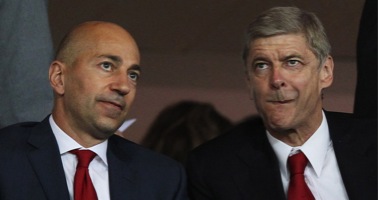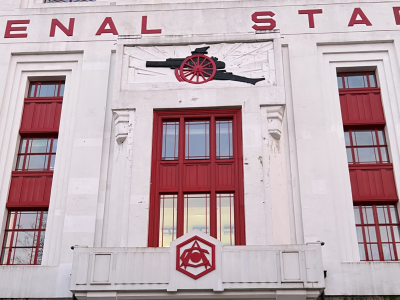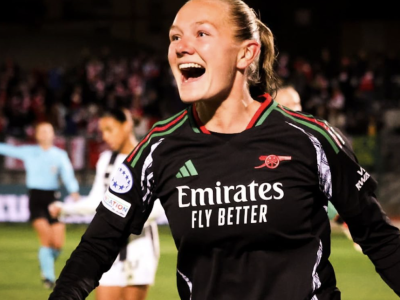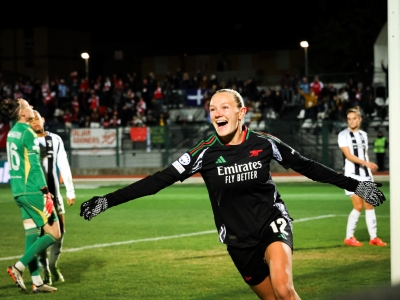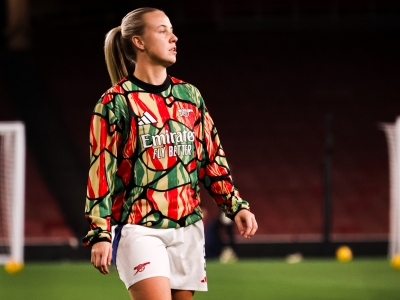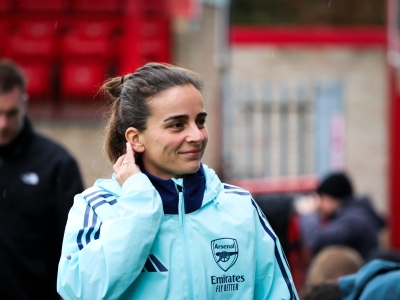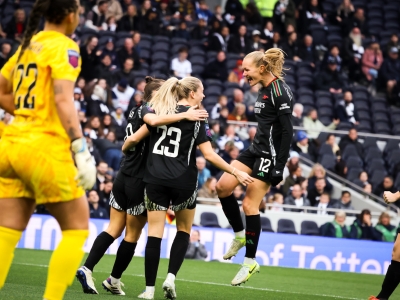The Gooner: Have you had any recent contact with the senior figures at the club?
Alex Fynn: I attended the Leaders Football Conference in London in October and I ran into Ivan Gazidis, Mark Gonnella and David Dein. I told Mark Gonnella that Ivan Gazidis should refuse Manchester City’s offer because he should stay at Arsenal as he had a job to do. Mark Gonnella was non-committal, but reading between the lines, it looked as if my wild assumption had a ring of truth to it. So there is the possibility that Gazidis could have gone elsewhere and chose to stay. I was being mischievous and I made the assumption that he was offered the job by Manchester City. I know a little about Manchester City through David Bernstein their ex-chairman who is now at the FA. They needed a good man in a hurry and there’s no doubt in football terms Gazidis is one of the best administrators at club level.
What did you talk about with Ivan Gazidis then?
I spoke to him briefly and suggested he stayed around and kept up the dialogue with the Arsenal Supporters Trust, who I am a great fan of. I also suggested he looked at the commercial aspect of the club as there’s a lot of work to do there. Arsenal may be the fifth biggest football club in terms of total revenue, they’re only 13th in terms of commercial revenue. He said, “We’re on the case.”
And David Dein was there too.
I travelled back with him afterwards in his car to north London. Just before he dropped me, he said. “I think I’ll drop in on Arsene”. That’s the sort of relationship they have, where he feels he can call on him without warning. They are maybe closer now than when they were working together. A little later there was the Chelsea game. I spoke to David before and after. Before he told me, “I’m going round to Arsene, we’re going to search for his magic hat because I think he needs it for tomorrow.” And after the match, what did the two friends do? They celebrated together at a local Whetstone restaurant.
Do you think there’s any prospect of Dein returning to the club?
I think there’s a prospect but the board will have to be changed in term of personnel and he will only return on his own terms. He would not want to be seen as Arsene’s number two. Ideally he would want to return as chairman and then maybe lend a helping hand to Arsene and be more active in formulating the playing strategy. Before that happens, Stan Kroenke’s promise to the board to keep them in situ has to evaporate and the board has to depart, which it’s possible they may do in the spring.
What did you make of this year’s Annual General Meeting?
I’m an admirer of Peter Hill-Wood both as a man and a representative of a family that has had Arsenal in their hearts for over 70 years. But I felt that allowing him to preside over the AGM in the role of chairman was not just a mistake on behalf of the board, but it showed that they’re not really at grips with the reality of the situation that Arsenal face both as a football club and a business. So the board themselves are culpable for what was really a poor performance both in terms of representing the good work they’ve done – they did not do themselves justice – and then failing to enter into a dialogue with the committed fans and shareholders. The end result of this was that you had a lot of shareholders even more dispirited than usual. It was something that reflected very badly on the club and it could so easily have been avoided.
Do you read anything into Arsene Wenger’s not taking questions at the AGM after his speech this year?
I know Arsene quite well and I know he doesn’t take well to criticism. If you go back a couple of years to a previous shareholders’ Q&A event, he had the temerity to suggest to a fan of 50 years that if he didn’t support the players, including Mikael Silvestre, then he couldn’t be a fan. He’s had it very hard both on a personal level and then on a business level in terms of his job. He was just coming out of what was a particularly bad period and he wasn’t going to put his head on the line if it could be avoided. As usual he was the most eloquent speaker at the AGM, and he said what he had to say, which was a call to arms. He said we need your support, we don’t need your criticism. So there is still that obstacle that has to be overcome that fair criticism should be accepted and there was a lot of fair criticism that could have been made at the AGM but wasn’t allowed to be heard.
Do you think the rush of signings just before deadline was an admittance by the manager that his project had effectively failed?
I don’t think you’ll ever get an admittance on that, particularly as subsequently it looks like there’s life in the project, even if all the hopes and aspirations that he had are not going to be fulfilled. He still thinks it’s a viable project. The last minute signings can be summed up as desperate times calling for desperate measures, and as such is a valid criticism of the lack of foresight in the way the summer transfer window was used.
But he’s brought in experienced players, which he’s not done very much before.
If you look at what he’s trying to do the emphasis is still on the youth. The great problem is that – as was exposed last week by the reserve teams of Barcelona and Real Madrid in the Champions League, the youth there are so much better than the young players in Project Wenger - and as such you can see that it does have an Achilles heel, because there are just not the depth of resources that he hoped there would be. So the experienced players he needed were there to dig them out of a hole, but I don’t think they are there to replace the project in the long term. However, if he wishes to persist with it, he certainly has to take on board the lessons that the Spanish sides have shown him last week, and admit that as it stands the project has a long way to go before it can be judged a success.
Your book, Arsènal, The Making of a Modern Superclub has been updated twice. Is this the final version?
It’s more than been updated, it’s been revised from beginning to end. Chapters have been taken out and new sections put in and others revised. And there are five new chapters at the end of the book to bring it up to date ending in the summer of 2011. So it’s more than an update, it’s a substantial new edition. If Arsenal win a significant trophy this season or if off the field, David Dein and/or Alisher Usmanov are welcomed in, then as possibly the definitive document on the period it would need updating.
And you have some book signings next week, which I don’t doubt you’d like to plug.
Alan Smith plays a role in the book as a commentator on some of the events. And as a good friend he’s very kindly fronting two signings. The first is at Maher’s Bookshop in the Howard Centre Welwyn at 12 o’clock on Thursday 15th December, which should run till about 1.30, and then we have another at Waterstones at St Albans from 2pm. If people are prepared just to see me, I’m at Waterstones North Finchley on Wednesday the 14th December at 12:00 and at Waterstones in The Galleria Hatfield on Tuesday 20th December at 12:00 and again at 17:00.

